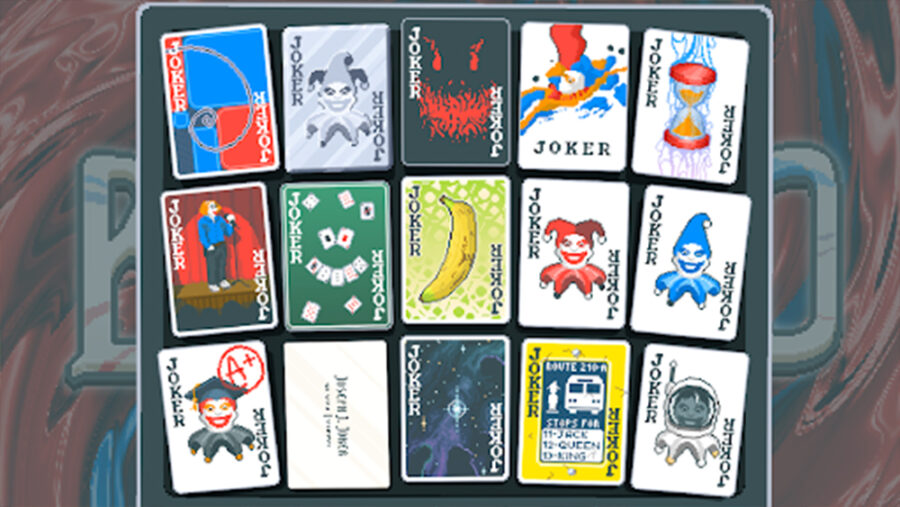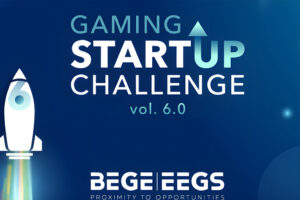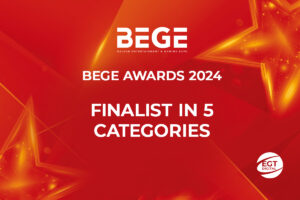The rise and rise of Balatro: could the hit roguelike card game inspire gambling products?

Balatro has been a huge hit, but its developer has said he won’t licence it for real-money gambling.
UK.- Balatro has been such a huge hit that gambling suppliers would be wise not to ignore it. The deck-building game has been hugely popular thanks to its incorporation of roguelike elements like perma-death and procedurally generated levels. But could it influence future real-money games?
Balatro was released on Microsoft Windows, Nintendo Switch, PlayStation 4, PlayStation 5, Xbox One, and Xbox Series X/S on February 20, with a port to macOS following on March 1. It sold two million in its first six months, and with ports for Android and iOS now available, its popularity shows no sign of abating.
Regulators were initially thrown by the game. In March, Balatro was taken down from digital console storefronts in several countries in Europe for a time. That was after the ratings board PEGI amended the age rating from 3+ to 18+ due to concerns that the game “contains prominent gambling imagery and material that instructs gambling”.
Also read: Sorare pleads not guilty against British Gambling Commission allegations
At the time, Balatro’s publisher Playstack released a statement saying: “Balatro does not allow or encourage gambling – and we fundamentally believe the ratings decision is unfounded. Balatro was developed by someone who is staunchly anti-gambling, and painstaking care has been taken to ensure that the game does not feature gambling mechanics of any kind.”
This was corroborated by the developer Localthunk, who wrote: “I do not condone gambling (staking something personally valuable on an uncertain event) nor do I believe that Balatro contains gambling. I did add risk/reward mechanics and RNG to Balatro, but these are core mechanics to the genre at large.”
LocalThunk wrote on Reddit at the time that he believed the rating to be unwarranted, but said there was “some grey area for interpretation from PEGI”. He added: “I think the one thing I am most disappointed by is the fact that other games with actual gambling mechanics aren’t rated the same way because of their appearance/theme.”
Balatro doesn’t actually feature gambling, and its solo developer has said he is against such a move. LocalThunk has doubled down on that stance, so far refusing to license the game for gambling. He claims to even have made a specific stipulation in his will to prevent it.
“I hate the thought of Balatro becoming a true gambling game so much that when I recently created my will I stipulated that the Balatro IP may never be sold or licensed to any gambling company/casino,” LocalThunk wrote on X in response to a conspiracy theory that suggests the game was designed to get kids into casino gambling.
Other game developers seem keen to adopt his stance. Purple Moss Collectors, the developers of Dungeons & Degenerate Gamblers, asked him for the wording he used to add a similar stipulation about their game. Meanwhile, Balatro continues to rocket in popularity.
How does Baltro work?
In Balatro, players play poker hands of up to five cards to score points and defeat blinds, while improving their deck and purchasing joker cards in a shop between rounds. These have a variety of effects and can change the rules of the game.
The aim is to clear at least 8 progressively more difficult “antes”, with each ante consisting of three rounds; Small Blind, Big Blind and the Boss Blind. After a player wins eight antes to complete a run, they can continue the game endlessly to see how many points they can get.









